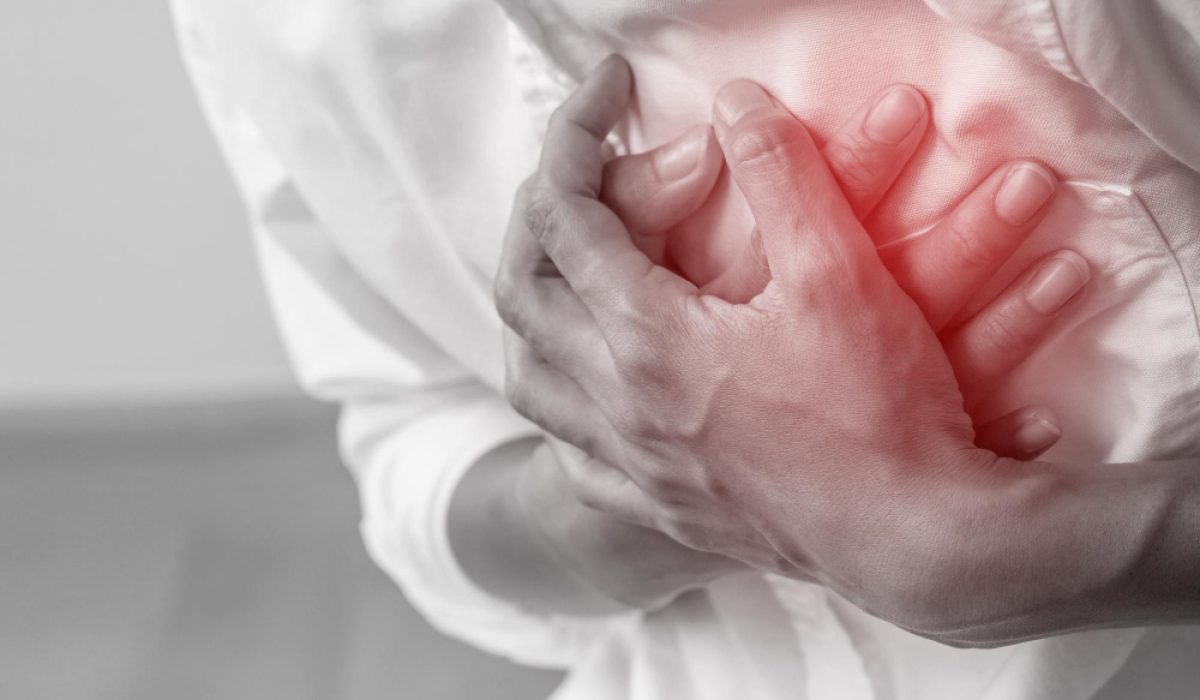What is a Heart Attack (Myocardial Infarction)?
A heart attack, also called a myocardial infarction, is a medical emergency. It happens when blood flow to the heart is blocked. This blockage can damage or destroy part of the heart muscle. Because the heart needs oxygen-rich blood to work, any blockage can be very dangerous. Quick action can save lives and reduce heart damage.
Recognizing Heart Attack Symptoms
Knowing the signs of a heart attack is very important. Early recognition helps you act fast. Common heart attack symptoms include:
Sometimes, symptoms are mild or come and go. However, even mild symptoms can signal a heart attack. Women, older adults, and people with diabetes may have less typical symptoms, such as tiredness or stomach pain.
Immediate Steps to Take During a Heart Attack Emergency
If you or someone nearby shows signs of a heart attack, act quickly. Every minute counts. Here are the steps you should follow:
Remember, quick action can save a life. Do not delay.
What Not to Do During a Heart Attack
Some actions can make things worse during a heart attack. Avoid these mistakes:
Instead, focus on getting help and staying calm.
When and How to Call Emergency Services
Call emergency services as soon as you notice heart attack symptoms. Do not wait more than five minutes. When you call, give clear details:
In some areas, emergency response times may vary. However, always call for help rather than trying to drive yourself or the person to the hospital.
Prevention Tips and Lifestyle Guidance
While you cannot control every risk, you can lower your chances of a heart attack. Here are some tips:
These steps can help protect your heart and improve your overall health.
Frequently Asked Questions (FAQs)
Can a heart attack happen without chest pain?
Yes, some people, especially women and older adults, may not have chest pain. They might feel tired, short of breath, or have pain in other areas.
Is it safe to take aspirin during a heart attack?
Yes, if you are not allergic and have no bleeding problems, chewing an aspirin can help. However, always call emergency services first.
What if I am alone during a heart attack?
Call emergency services right away. If possible, unlock your door and sit near the entrance to help responders reach you quickly.
Conclusion and Call-to-Action
Heart attack emergencies need fast action. Recognizing symptoms and knowing what to do can save lives. If you or someone you know experiences heart attack symptoms, call emergency services immediately and consult a healthcare professional for personalized advice.
